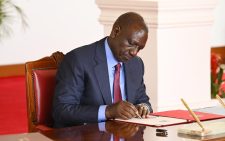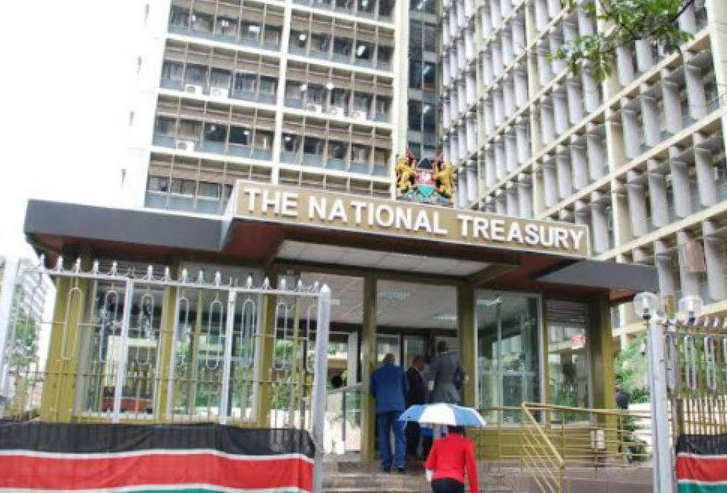Kenya revisits diaspora bonds amid cash crunch

Amid the current biting cash crunch and a looming flotation of Eurobond, the country appears to be going all out to wriggle itself out of the crisis with all options being put on the table including a diaspora bond issue.
This development came days after the government announced plans to issue a Eurobond this year, the Deputy President Rigathi Gachagua last weekend told Kenyans in the diaspora that systems are in place to ensure that they can invest in diaspora bonds.
A diaspora bond is a bond issued by a country to its expatriates. These bonds allow developing countries in need of financing to look to ex-pats in wealthy countries for support. They offer migrants discounts on government debt from their home countries.
Housing sector
Gachagua, who had visited Botswana, told Kenyans that their money could be safely invested in the housing sector through a bond issue. The diaspora bond has been under consideration since 2011.
“The conversation is going on for creating a diaspora bond. The government wants to create an investment forum guaranteed by the government for the people in the diaspora,” he said.
National Treasury is facing over Sh264 billion in bond redemptions in the next financial year and there are concerns the government will struggle to clear the payments.
In its update of sub-Saharan Africa’s economic outlook for 2023, World Bank has noted a rise in the bond’s refinancing risk from increased interest rates, which have resulted in the narrowing of countries with market access for refinancing.
“The sell-off of developing countries’ Eurobonds and increasing investor fears about global outlook amplify the risks for sub-Saharan African countries facing large Eurobond redemptions,” said the multi-lateral lender in a report on Wednesday. Kenya is preparing to retire the Sh264 billion ($2 billion) debut Eurobond whose maturity comes up in June next year.
The government’s first-ever Eurobond was issued in 2014 at a coupon rate of 6.875, leaving current yields at a level almost twice as high as when it was issued.
Through the 2023 Budget Policy Statement released in February, the National Treasury bemoaned market pressures brought on by the conflict between Russia and Ukraine and stricter monetary policy in the US and Europe, which had reduced Kenya’s access to the global market.
Foreign market
The government’s strategy to refinance the 2024 sovereign bond maturities may be hampered by limited access and a foreign market that is not liquid, according to the exchequer.
The government has delayed disbursement of money to the County governments for over three months and has also delayed paying civil servants due to the lack of funds, saying it was prioritising debt payments.
Kenya has, however, made good progress in International Monetary Fund (IMF) funding talks, making it likely to attract the attention of other investors and also helping to ease pressure on the Eurobond yields.












